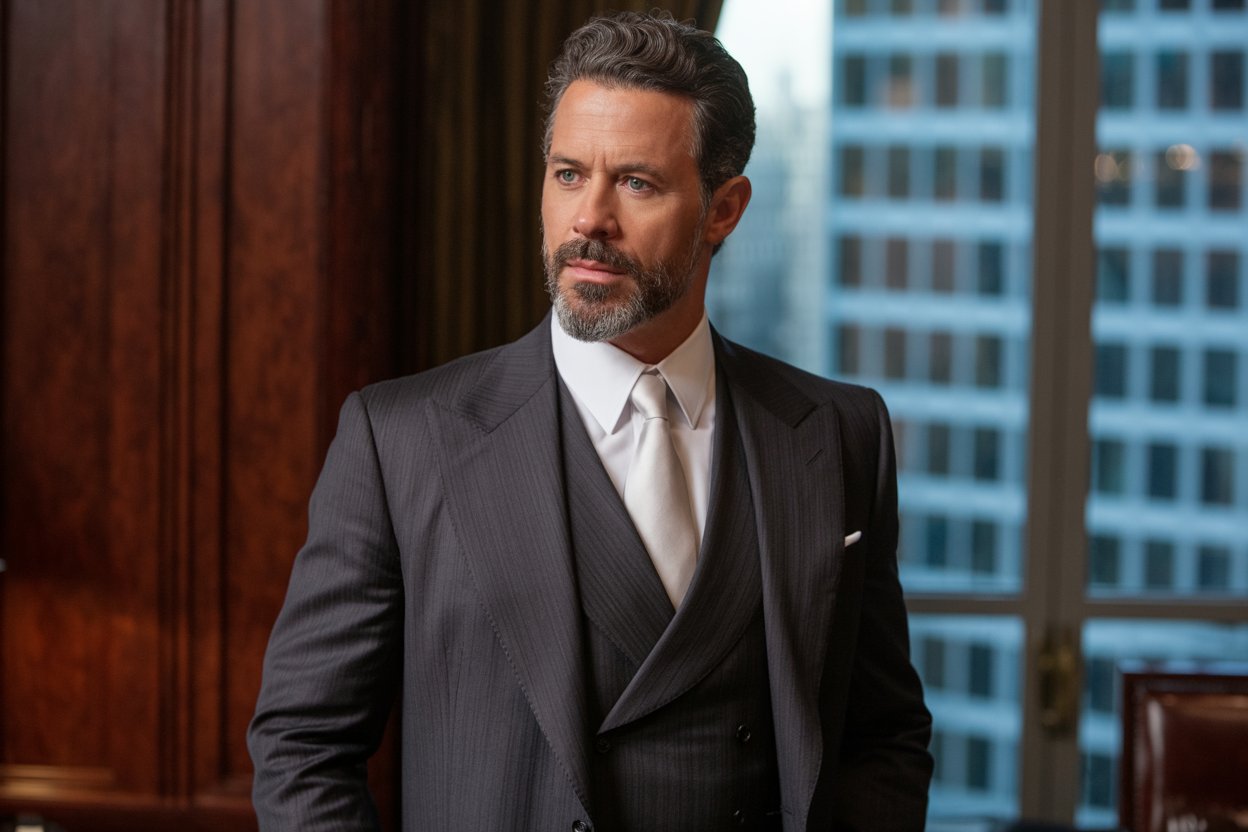The fundamental difference between wealthy people and average earners isn’t income—it’s approach. While most focus on earning paychecks and spending on lifestyle, the wealthy concentrate on acquiring assets that generate revenue, appreciate over time, and don’t require constant personal effort.
These assets create money while you sleep, and they’re often misunderstood or invisible to those unfamiliar with wealth-building strategies.
True wealth isn’t built solely on salary. It’s built through ownership of assets that work for you around the clock. Let’s explore five key assets that wealthy individuals commonly own but that most people either don’t know about or fundamentally misunderstand.
1. Income-Producing Real Estate
Most people view real estate as a home to live in. The wealthy view it as a business that generates a monthly cash flow.
Income-producing real estate includes apartment complexes, self-storage facilities, commercial buildings, and rental portfolios. The key distinction is that these properties generate regular income through tenant payments. This isn’t about buying a house and hoping it appreciates—it’s about property that puts money in your pocket every month.
Wealthy investors focus on the cash-on-cash return and cash flow after expenses, such as mortgages, property management, maintenance, and taxes. A well-managed rental property provides steady income that increases as rents rise while the mortgage balance decreases. Appreciation is a bonus, not the primary goal.
This transforms real estate from passive hope into active business. Wealthy individuals typically hire property managers to handle operations, making these investments relatively hands-off once they are established.
2. Shares in Private Companies
While retail investors buy publicly traded stocks, wealthy individuals access a different investment universe: private companies that haven’t gone public and may never intend to.
Private equity investments come through personal networks and exclusive opportunities. A wealthy investor might fund a friend’s startup, take a stake in a local business, or join an investment group backing promising ventures. These deals happen behind closed doors.
The potential returns can be substantial. Getting in early on a successful business before it matures can result in exponential growth. Even without going public, owning a percentage of a profitable private business means receiving annual profit distributions.
These investments require more due diligence and carry higher risk since private companies lack the disclosure requirements of public ones. However, wealthy investors have the expertise, network, and capital to thoroughly vet opportunities. They understand that while some investments may fail, successful ones more than compensate for losses.
3. Intellectual Property and Royalties
Perhaps the most misunderstood asset class, intellectual property includes patents, copyrights, trademarks, software, books, music catalogs, and licensing rights. Once created, these assets generate income for years or decades with minimal ongoing effort.
Authors write books that sell perpetually. Inventors hold patents that companies license. Musicians earn streaming royalties indefinitely. Software developers earn recurring revenue from subscriptions. Business owners license their brands to other companies.
The beauty of intellectual property lies in its scalability. A book sells to one or one million people without proportionally more effort. A patent can be licensed to multiple companies simultaneously. A course serves thousands of students without individual instruction.
Wealthy individuals create or acquire intellectual property, investing time upfront or purchasing existing assets with proven income streams. The result is passive income without trading time for money—doing something once and getting paid repeatedly.
4. Equity in Their Own Business
For most wealthy individuals, their primary asset is equity in their own business. This is where the majority of their net worth resides and the engine driving wealth creation.
Owning a business means owning an asset that generates profits, builds value, and can be sold for a significant sum. Unlike employees who trade time for wages, business owners build something of intrinsic value beyond personal labor. The business becomes an asset that grows, scales, and eventually operates without the owner’s daily involvement.
Wealthy entrepreneurs view their business as their primary wealth-building vehicle. They reinvest profits for growth, systematize operations to reduce personal involvement, and build enterprise value that can be sold or passed down to future generations. The business provides substantial income during ownership and potentially a life-changing payout upon exit.
This explains why most millionaires are business owners. Equity in a successful business appreciates faster than most investments, and owners control the levers driving that appreciation through innovative management and strategic decisions.
5. Long-Term Ownership in Index Funds and Quality Compounders
Contrary to stereotypes about high-risk bets and constant trading, many wealthy individuals hold significant liquid wealth in stable investments, including low-cost index funds, dividend-paying blue-chip stocks, and high-quality companies that compound value over the long term.
The strategy isn’t exciting—buy and hold quality investments over the long term, letting time and compounding work their magic. Wealthy investors understand that timing the market or picking individual winners is difficult and often counterproductive. Instead, they invest consistently, diversify broadly, and resist panic during downturns.
What separates wealthy investors from average ones isn’t secret access or superior stock-picking—it’s temperament, time horizon, and the discipline to leave investments alone. They don’t check portfolios daily or make emotional decisions based on volatility. They invest with a multi-decade perspective, knowing compound growth accelerates dramatically over time.
This patient approach builds wealth steadily without constant attention or stress. It’s the tortoise approach to investing, and it consistently wins.
Conclusion
Wealthy individuals focus on assets that generate ongoing income, appreciate over time, don’t require trading hours for dollars, and scale without proportional effort. They understand leverage and compounding, structuring their financial lives around ownership rather than consumption.
Most people spend their income on depreciating assets, such as cars, gadgets, electronics, and lifestyle expenses. The wealthy deploy capital into appreciating assets that produce more capital.
This fundamental difference accounts for a substantial portion of the wealth gap. Understanding these five asset classes won’t instantly make you wealthy, but it shifts your mindset from consumer to owner—and that shift is where wealth building truly begins.
